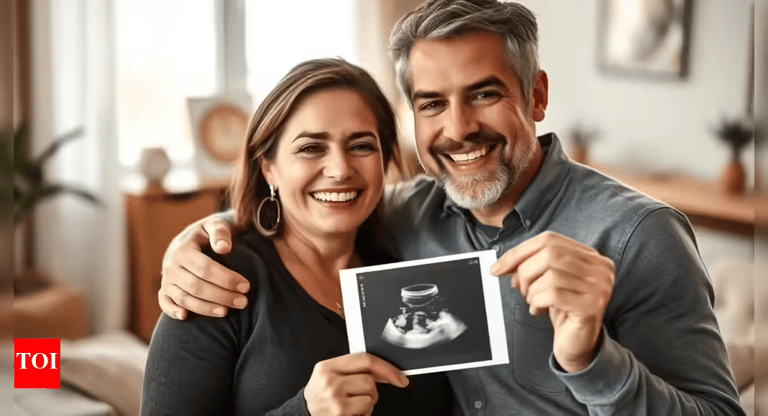AI-Powered STAR System Revolutionizes Male Infertility Treatment, Achieves Pregnancy After 18-Year Struggle
July 6, 2025
The STAR system, developed over five years at Columbia University Fertility Center, employs AI to analyze semen samples by scanning over 8 million high-resolution images in less than an hour, originally adapted from astrophysics technology used to detect distant planets.
This innovative technology has successfully identified and robotically extracted viable sperm—three in one case—leading to fertilization and a pregnancy expected in December 2025, after nearly 18 years of infertility for the couple.
The breakthrough comes amid growing concerns over declining sperm counts worldwide, which are linked to environmental, lifestyle, and health factors.
Azoospermia, affecting up to 15% of infertile men, traditionally requires invasive treatments like surgical sperm extraction or donor sperm, but the STAR method offers a less invasive alternative by locating rare sperm that are nearly impossible to detect visually.
While experts acknowledge the promise of AI in reproductive medicine, they caution that current models need further validation and should serve as a complement to human expertise rather than a replacement.
AI is increasingly used in fertility treatments to assess egg quality, select healthy embryos, and personalize IVF protocols, thereby improving decision-making and success rates.
Currently exclusive to Columbia University and costing just under $3,000 per use, the STAR system is significantly cheaper than traditional IVF procedures, and researchers aim to expand its availability to other fertility centers.
The system works by placing semen on a chip under a microscope, using high-powered imaging technology to isolate sperm into droplets for fertilization, even when only a few sperm are present.
Dr. Zev Williams, who led the research, highlighted the potential of the STAR method to revolutionize male infertility treatment by finding rare sperm that are nearly impossible to detect visually.
In March 2025, Rosie became the first woman to conceive using the STAR method after her husband's semen was analyzed with AI, capturing over 8 million images in less than an hour.
In tests, the STAR system located 44 viable sperm in a sample previously examined without success, demonstrating its efficiency and accuracy.
Experts emphasize the need for further studies to validate the safety and effectiveness of this groundbreaking technology.
Summary based on 2 sources
Get a daily email with more AI stories
Sources

CNN • Jul 3, 2025
A couple tried for 18 years to get pregnant. AI made it happen
The Times Of India • Jul 6, 2025
AI-assisted pregnancy: 8 million images in under an hour — how AI helped couple conceive after 18 years of struggle